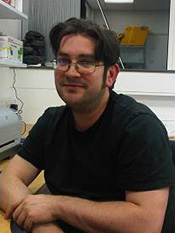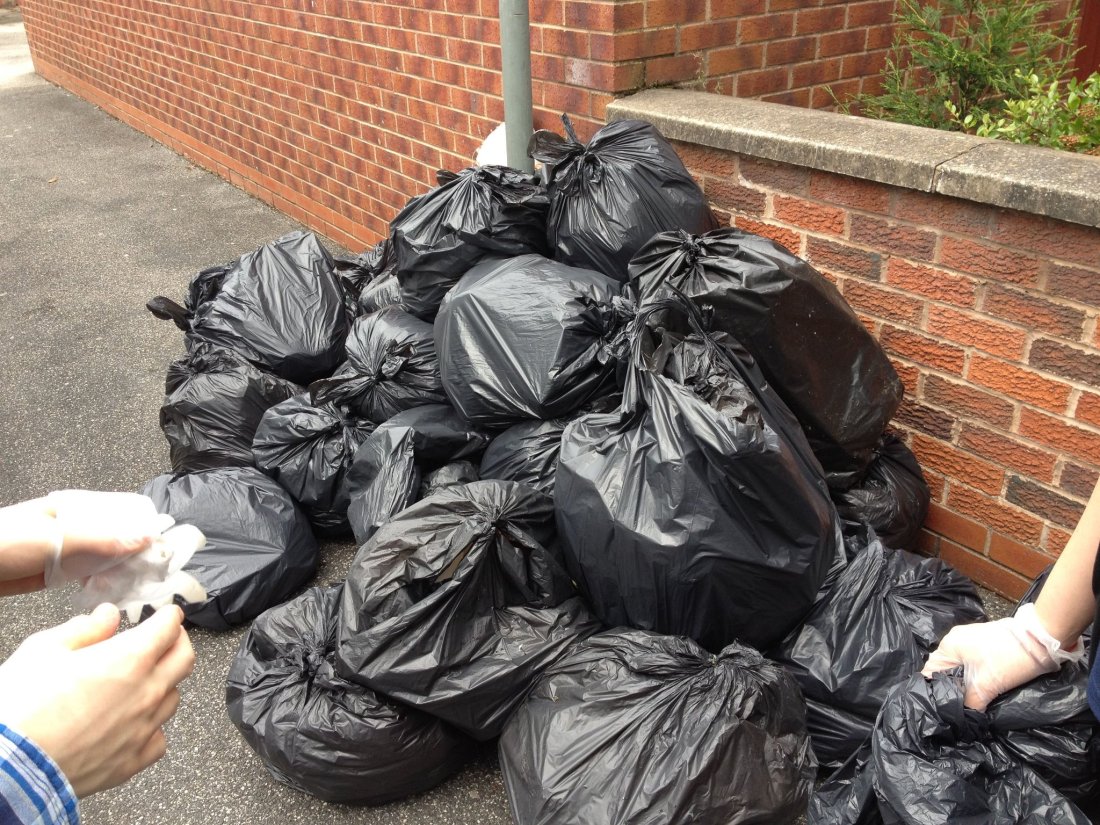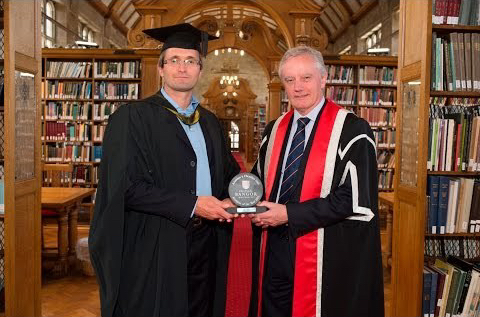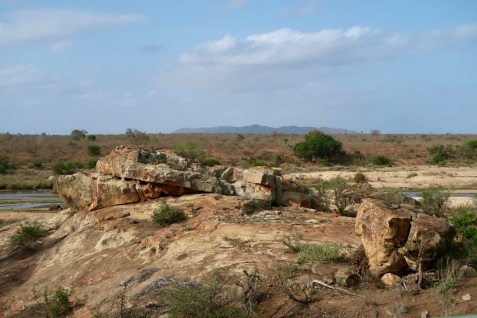This account was created as part of my BSc degree in Zoology. BioEnterprise and Employability is a module designed to prepare third year students for the world after they graduate from university.
Pros of the module:
Five core seminars took place to help students understand the business world:
- An assessment centre – This was the first I’d ever heard of assessment centres so read this blog to find out what we got up to!
- A careers cafe – Spoiler: not actually a proper cafe!
- Dragon’s Den – Not real dragons!
- CV writing – Check out this blog post, even if you think your CV is already great!
- Business plan writing – The main reason I chose this module!
Surprisingly, I found the CV Writing seminar to be the most informative. I had already thought that my CV was good enough however I learnt multiple tips and tricks to improve it and now I believe that I stand a better chance at landing the right job for me.
In addition to the topics mentioned above, I have also learnt how to use social media properly in order to avoid embarrassing questions during interviews and network in the best way possible.
Once my university exams are over I plan on going through my social media accounts and deleting any embarrassing posts which might damage my chances of impressing any potential employers.
I have become more mindful of what I post and endeavour to have sensible (but still fun) social media accounts.
Thanks to the module for pointing out the importance of a good online presence, I believe my prospects of following my dream career path are brighter.
Cons of the module:
While the Employability half of the module was interesting and informative, unfortunately I cannot say the same for the Enterprise half of the module.
This was the section that I was most interested in, in fact, it was the main reason I took this module in the first place.
Many people find that setting up a business is too hard, too complicated, too risky and holds too much responsibility. This is why more effort should have been put into explaining and encouraging us to set up a business of our own but lecturers just assumed that no one was interested and that left the ones who were (me) at a bit of a loss.
It would have been nice if the lecturers could have provided multiple workshops in smaller groups, or even optional 1:1 sessions with each of us to provide us with more information about building a business.
For me especially, it would have been highly beneficial to attend one or two finance sessions where mentors explain the basics of finance management for young and budding entrepreneurs.
We had one lecture on finance but it was for any general business and the lecturer spent around an hour just highlighting that you need to include EVERYTHING into your finance plan.
But he didn’t say how to organise this plan and for every business idea the costs will be different so individual sessions with those who are interested would have made the world of difference!
But what happened next…?
Having said all of that, as a result of the business plan assessment, I was approached by one of the judges on the Dragon’s Den panel, and asked to enter my dream business idea into a national competition called Big Ideas Wales Celebrated!
This competition is for 16-25 year olds who are still in education and have an ambition to create their own business. The final consisted of inspirational talks from successful entrepreneurs, interviews with five different judges (surprisingly my favourite part), workshops and 1:1 sessions with various businesses which could help me on my journey, and an opportunity to pitch our ideas to a panel of three more judges.
Although I was put through to the final I didn’t win the competition but I still thoroughly enjoyed myself and it’s still an impressive achievement to put on my CV.
I made new contacts to help me on my venture and the help I received from the university itself for this competition was incredible, including 1:1 meetings with a financial advisor and I’ve been able to work closely with a graphic designer for free!

My boyfriend has set up a photography business just this year and for him it was so easy, he could just pick up his camera and go! My dream is a little more complex and will take at least half a million pounds to set up before I can even open the doors to the public.
Due to the complexity of my dream business and the funds needed to get it off the ground, it is sometimes difficult to believe I’ll ever be able to do it.
Being selected to take part in this competition, and then getting an invitation to compete in the final really gave me the hope I needed to encourage me to pursue my dream and carry on with research for my enterprise idea.
Once I was at the final it was also encouraging to hear the enterprise stories of other people and get words of inspiration, and constructive criticism, from the judges to each entrant personally.
Let’s get back on track…
In addition to the core seminars, the university invited multiple guest speakers to explain their work:
- Can trees really be interesting?! – Could this blog change your mind?
- A shark’s tale – The beauty behind the ‘beast’!
- Volunteering – You can do more than you think!
- Can we improve conservation? – There’s always room for improvement!
- Why are museum collections important for research? – Find out by clicking the link!
This was to help students explore future career choices, open up new opportunities and allow us to network with people in various industries.
Personally, while I was interested in some of these topics, none of these seminars encouraged me to pursue a career in these industries, nor did they give me any enterprise ideas. This was mainly because I had already set my mind on an enterprise idea, and therefore also a career choice, before I had started this module.
An overall review of the module
While most of the module was irrelevant to my own personal business (something which obviously can’t be helped when teaching around 100 students) I did find the module interesting, especially the guest speaker sessions and the CV writing seminar.
There are areas for improvement within the module but it has brought one of the most exhilarating experiences from my time at university.
The module opened up the opportunity to compete in the Big Ideas Wales Celebrated competition and this, in turn, has opened up even more opportunities to network and learn more about setting up my dream business.
Now it’s just a case of further research and raising funds to make my dream a reality!











